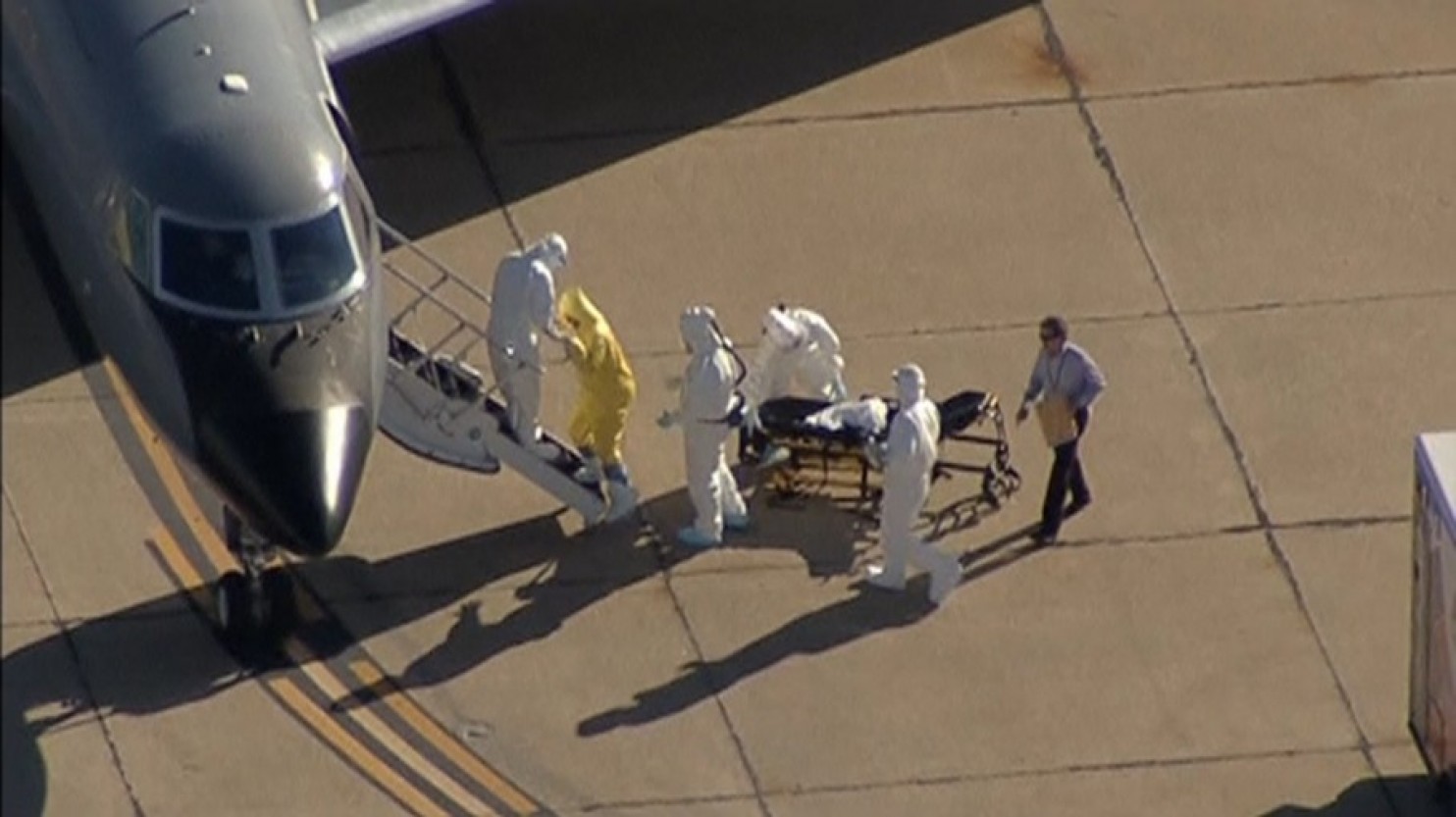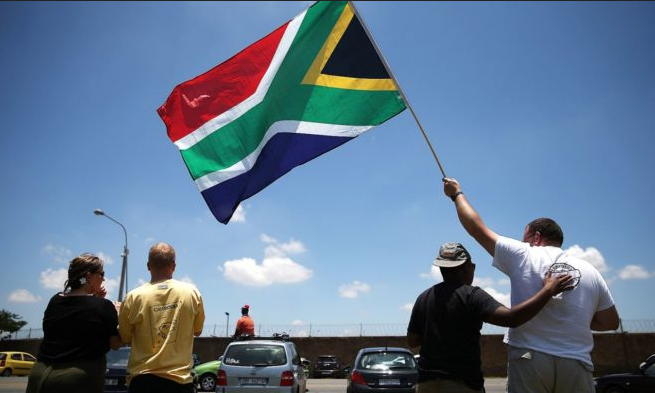The first case of Ebola diagnosed in the United States last month brought with it a fair share of panic to American shores, with questions raised about travel bans on the West African nations hit hardest by the disease and airport screening to find and isolate those who are already sick.
But it’s worth remembering that this panic may cut both ways.
According to the U.S. Embassy in Rwanda, the tiny land-locked East African nation has begun screening passengers from the United States and Spain for the deadly virus.
From a note on the embassy’s Web site:
Visitors who have been in the United States or Spain during the last 22 days are now required to report their medical condition — regardless of whether they are experiencing symptoms of Ebola — by telephone by dialing 114 between 7:00 a.m. and 8:00 p.m. for the duration of their visit to Rwanda (if less than 21 days), or for the first 21 days of their visit to Rwanda. Rwandan authorities continue to deny entry to visitors who traveled to Guinea, Liberia, Senegal, or Sierra Leone within the past 22 days.
The screening measures have been in place for two days, and images apparently showing the screening forms have been posted on Twitter.
Rwanda is far, far away from the West African nations that have experienced the worst of the crisis, yet it is taking no chances: In August, it banned all travelers who had visited Guinea, Liberia or Sierra Leone in the 22 days preceding their travel.
Rwanda’s decision seems to be the result of a number of Ebola cases in the United States and Spain in recent weeks.
However, there may be an ulterior motive: In New Jersey, two exchange students from Rwanda were recently kept away from school because of the time they had spent in Africa – even though Rwanda is about twice as far away from the Ebola-affected West African states as New Jersey is from Dallas.




